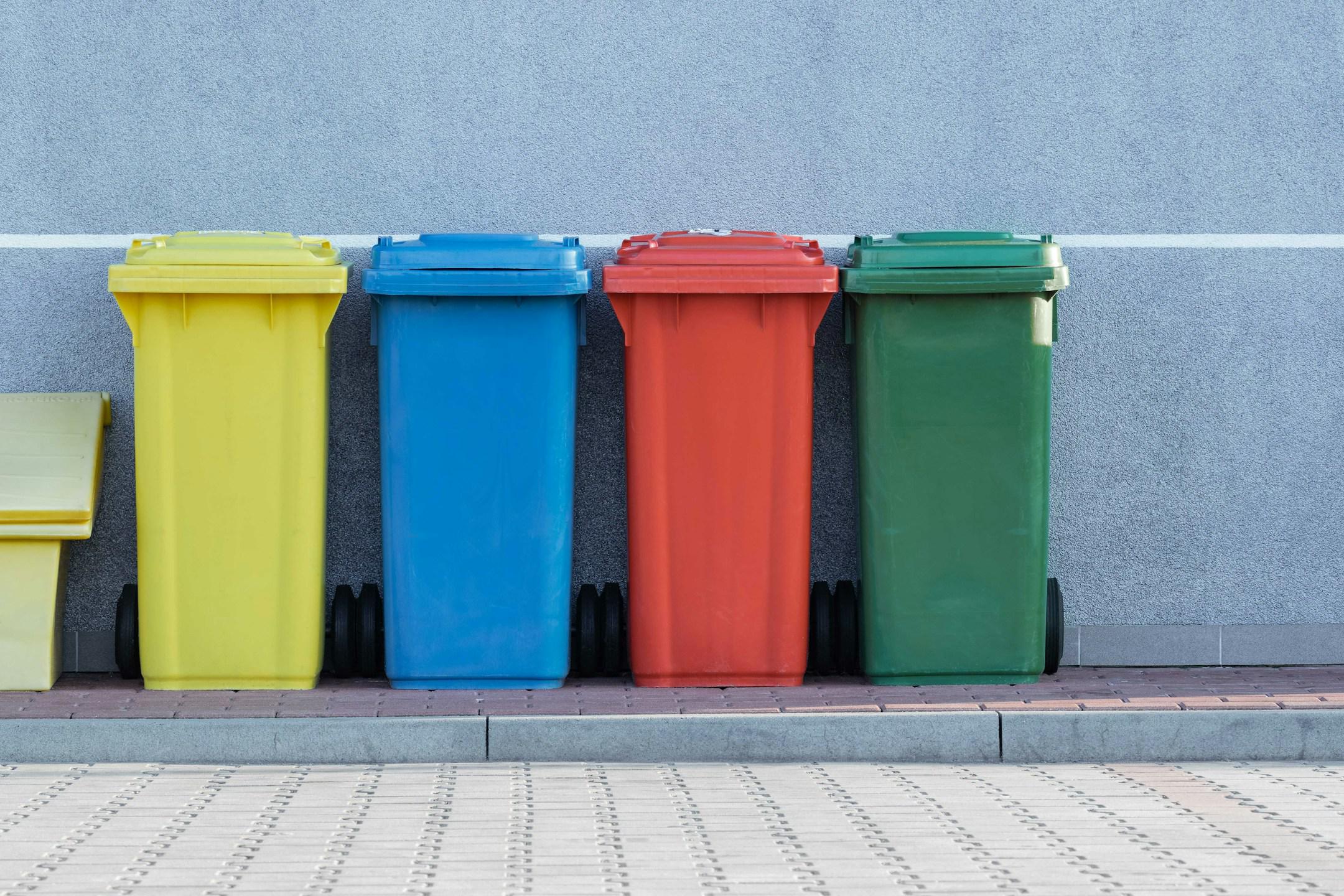
The importance of recycling is clear. However, one often overlooked item in the recycling conversation is paint. Many home improvers and paint buyers may not know the significant consequences of not recycling paint. In this article, we will explore the various negative impacts that improper disposal of paint can have on the environment, public health, and even your community.
When paint isn't recycled, it often ends up in landfills. While it's easy to overlook a single can of paint, consider the cumulative effect of millions of cans disposed of each year. Landfills are already overburdened with waste, and adding non-recycled paint exacerbates the problem. Paint cans are made of materials that do not decompose quickly, contributing to the growing mountain of landfill waste.
Improper disposal of paint can lead to soil and water contamination. Many paints contain harmful chemicals like volatile organic compounds (VOCs) and heavy metals. When these chemicals leach into the ground, they can contaminate the soil and nearby water sources. This contamination poses a serious threat to plant and animal life and can eventually make its way into the human water supply, posing severe health risks.
Paints, especially those containing VOCs, can release harmful gases into the atmosphere when not disposed of properly. These gases contribute to air pollution and can cause respiratory problems in humans and animals alike. Moreover, they can react with other pollutants to form ground-level ozone, a key component of smog.
Paint contains various toxic substances, such as lead, mercury, and formaldehyde. When paint is discarded improperly, these toxins can become airborne or leach into groundwater, leading to potential health hazards. Exposure to these substances can result in numerous health issues, including respiratory problems, neurological damage, and even cancer. For children and pregnant women, the risks are even higher.
Oil-based paints are highly flammable. When not disposed of correctly, they can pose a significant fire hazard. Inadequately stored or discarded paint can easily ignite, leading to fires that can cause injury, property damage, and even fatalities.
The improper disposal of paint can strain local waste management systems, leading to increased costs for municipalities and taxpayers. Properly recycling paint can help reduce these costs by diverting waste from landfills and enabling the reuse of valuable materials.
Environmental degradation due to improper paint disposal can reduce the quality of life in communities. Contaminated soil and water, polluted air, and increased risk of fires all contribute to a less healthy and less enjoyable living environment. By recycling paint, communities can mitigate these risks and promote a healthier, cleaner environment for everyone.
Many communities offer paint recycling programs. These programs collect old paint and either recycle it or dispose of it in an environmentally safe manner. Websites like Paint Care provide information on local recycling options and how to prepare your paint for recycling.
If you have unused paint that is still in good condition, consider donating it to local schools, theater groups, or community centers. Many organizations are happy to receive paint donations for various projects, reducing waste and benefiting the community.
Some retailers and recycling centers offer paint exchange programs where you can swap your unused paint for other colors or products. This is a great way to ensure your paint gets used rather than wasted.
Recycling paint is not just a responsible choice; it is crucial for protecting the environment, public health, and community well-being. The negative impacts of not recycling paint—from environmental degradation to health risks and increased community costs—underscore the importance of proper disposal. By taking simple steps to recycle paint, eco-conscious consumers, home improvers, and paint buyers can make a significant difference.
For all of your pain concerns and queries, get in touch with us at UCI Paint.